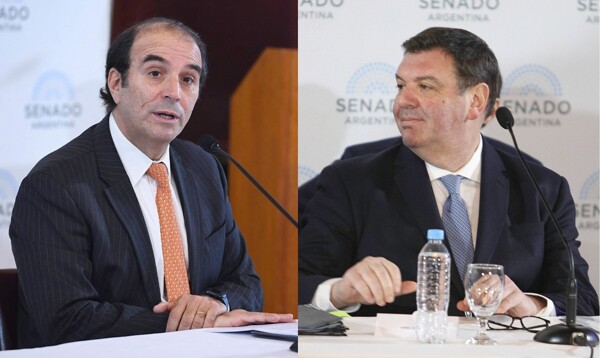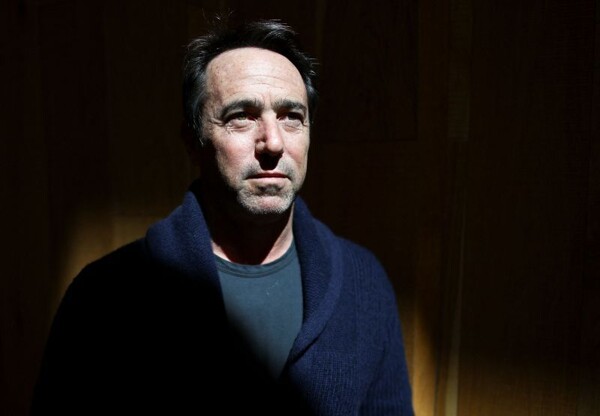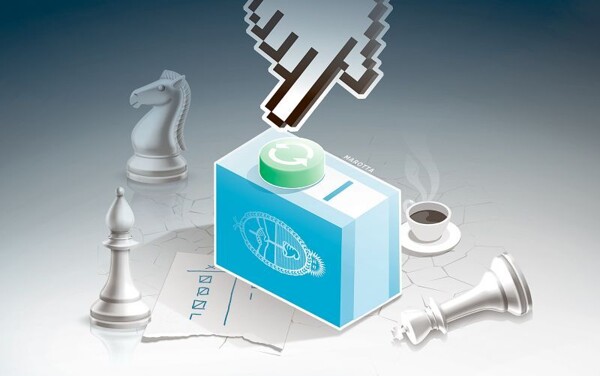
According to surveys, a majority of Argentines believe that the president made a serious mistake that caused significant harm to the country. Many also think it was a case of corruption, despite the president attributing it to the 'casta.' The president is expected to face legal issues internationally, and his performance in the upcoming City elections in May is anticipated to be unfavorable for his party.
Leader Roy Cortina criticized the government's management, noting that radical decisions have been made without considering the consequences. The idea of moving towards the privatization of public companies is seen as a mistake that goes against international trends. Cortina proposed that, in cases of privatization, the State should maintain at least 51% of participation, known as 'golden share.'
Regarding the economic policies proposed by President Javier Milei, Cortina expressed concern about the direction they are taking. He believes the goal is to dismantle the State without considering its functioning. For Cortina, this political project could be harmful to Argentina, leaving a large part of the population in conditions of economic vulnerability.
Cortina also expressed his concern over Milei's promotion of the cryptocurrency $Libra, labeling it as a harmful action for the country. According to him, President Milei's project aims to consolidate an Argentina with extreme inequalities, where a minority will have economic resources while a large part of the population will live in poverty.
In contrast to the proposed policies, Cortina emphasized the importance of maintaining a balance in the privatization process of state companies, considering the long-term economic impact. He proposed a limit of 49% for private capital participation in strategic companies, leaving the State with the 'golden share.'














